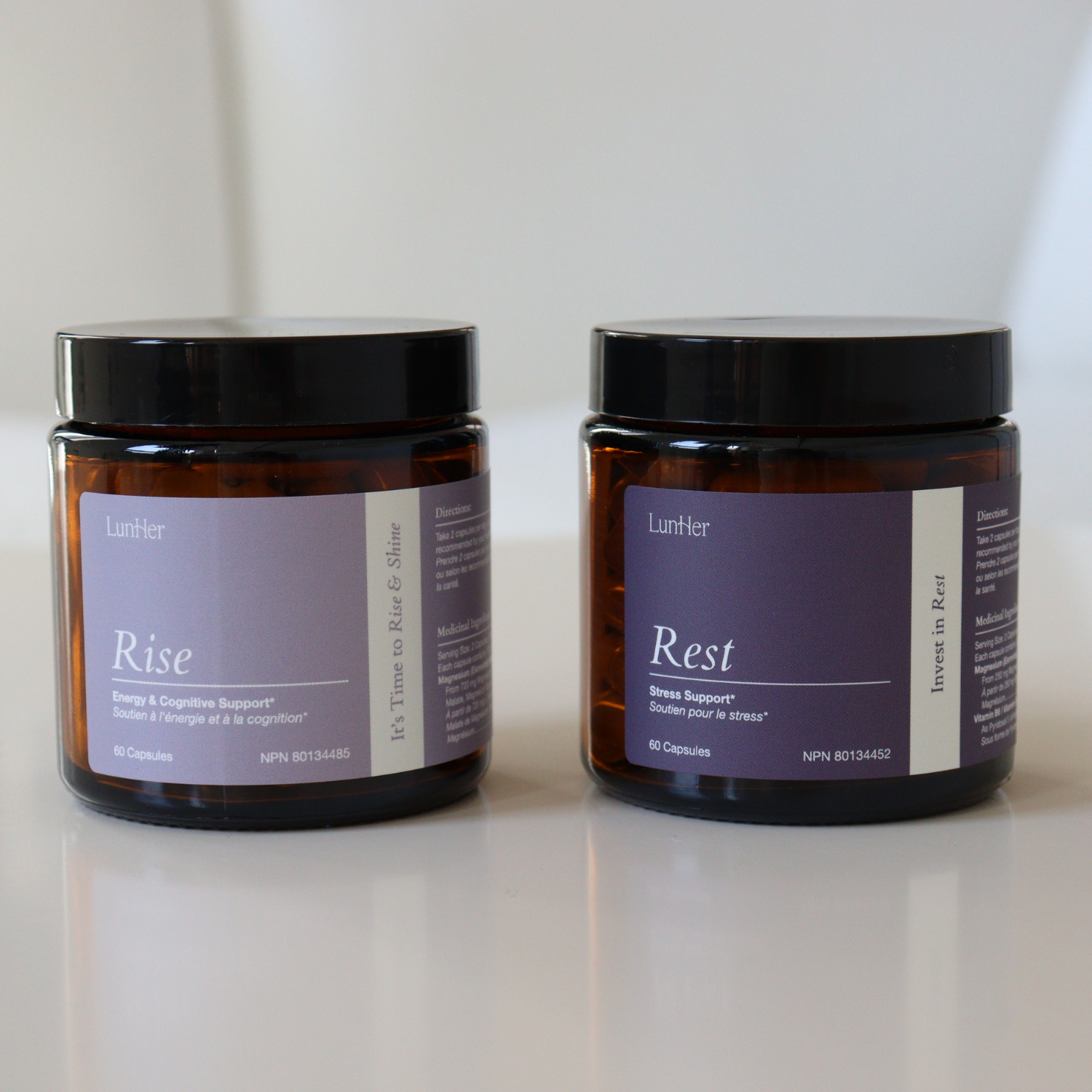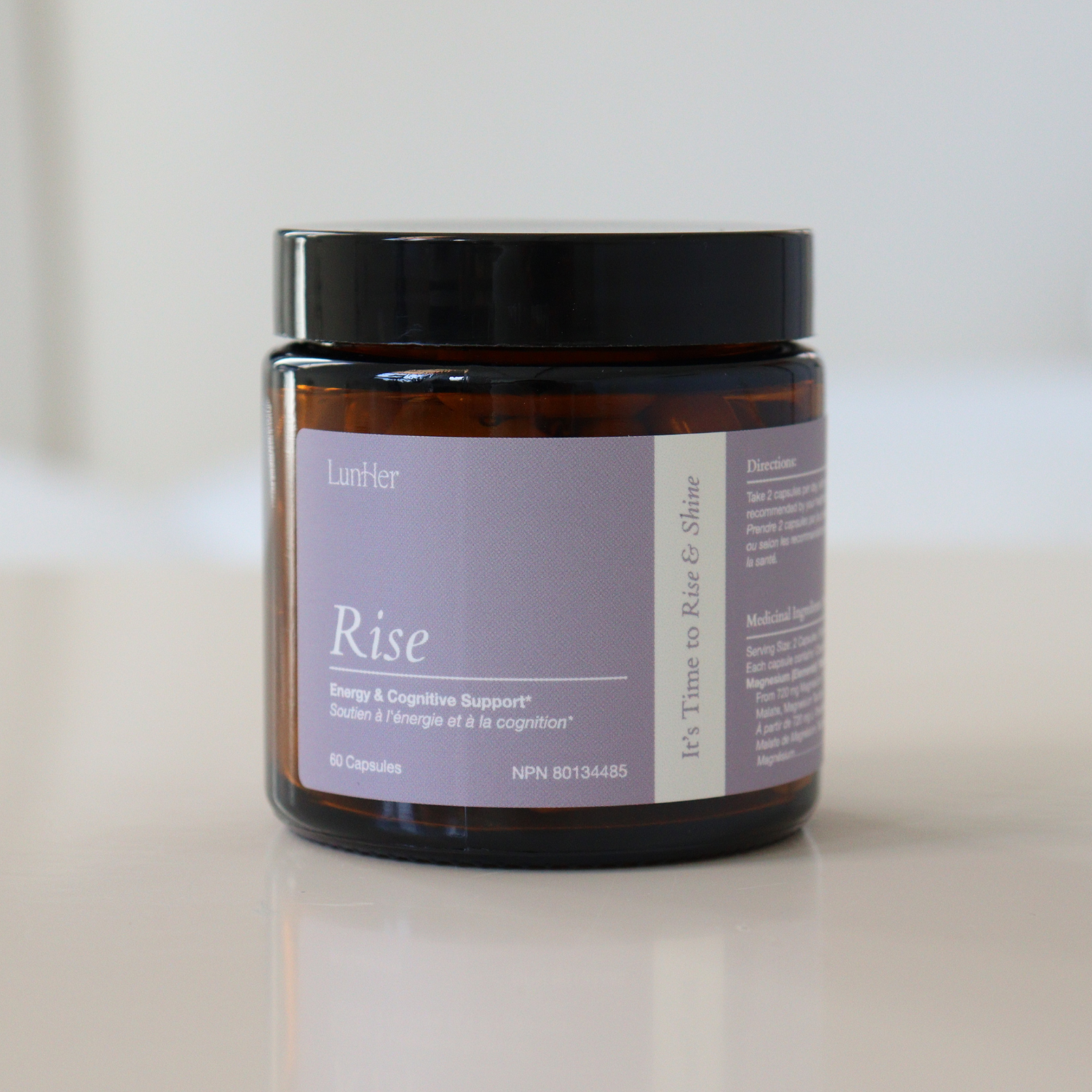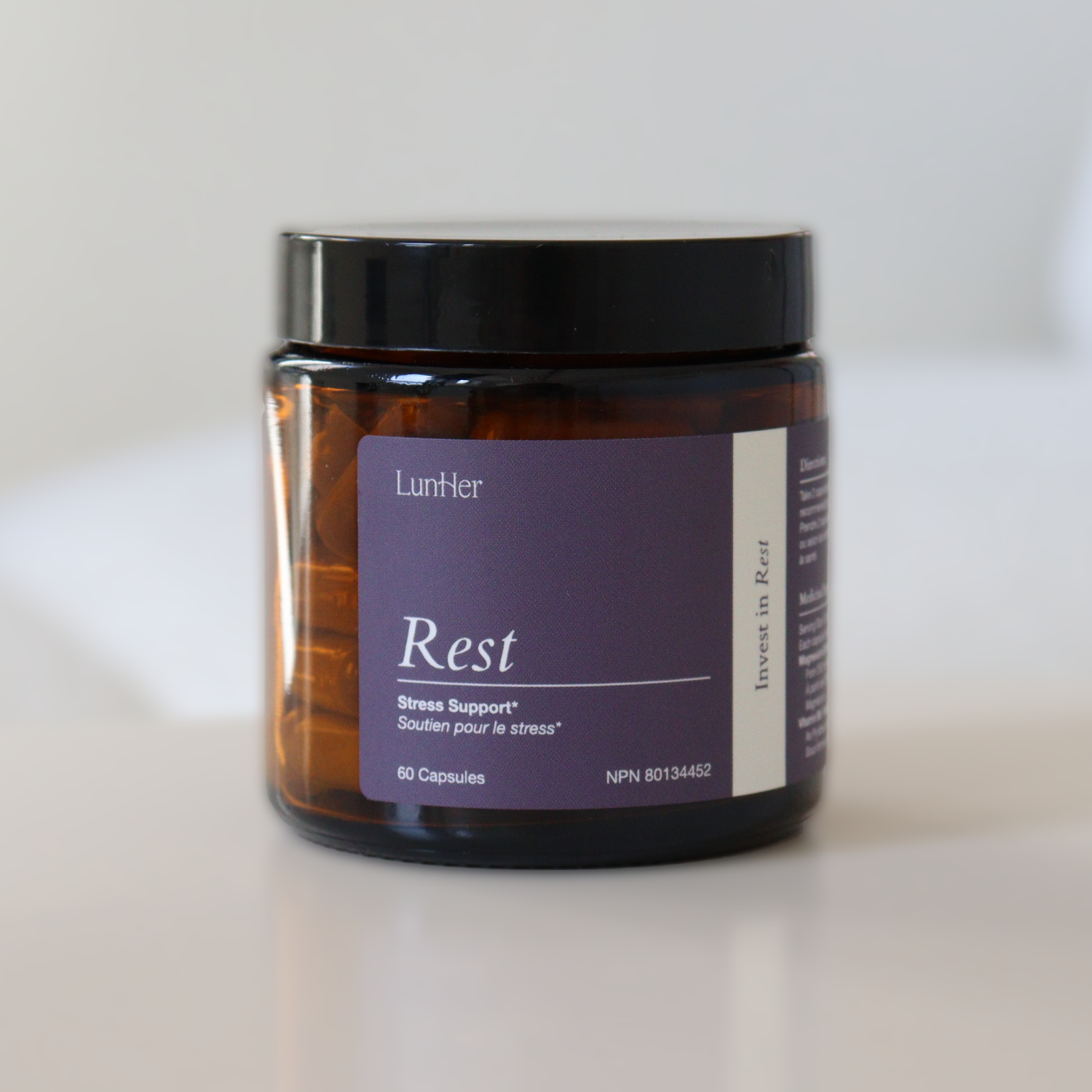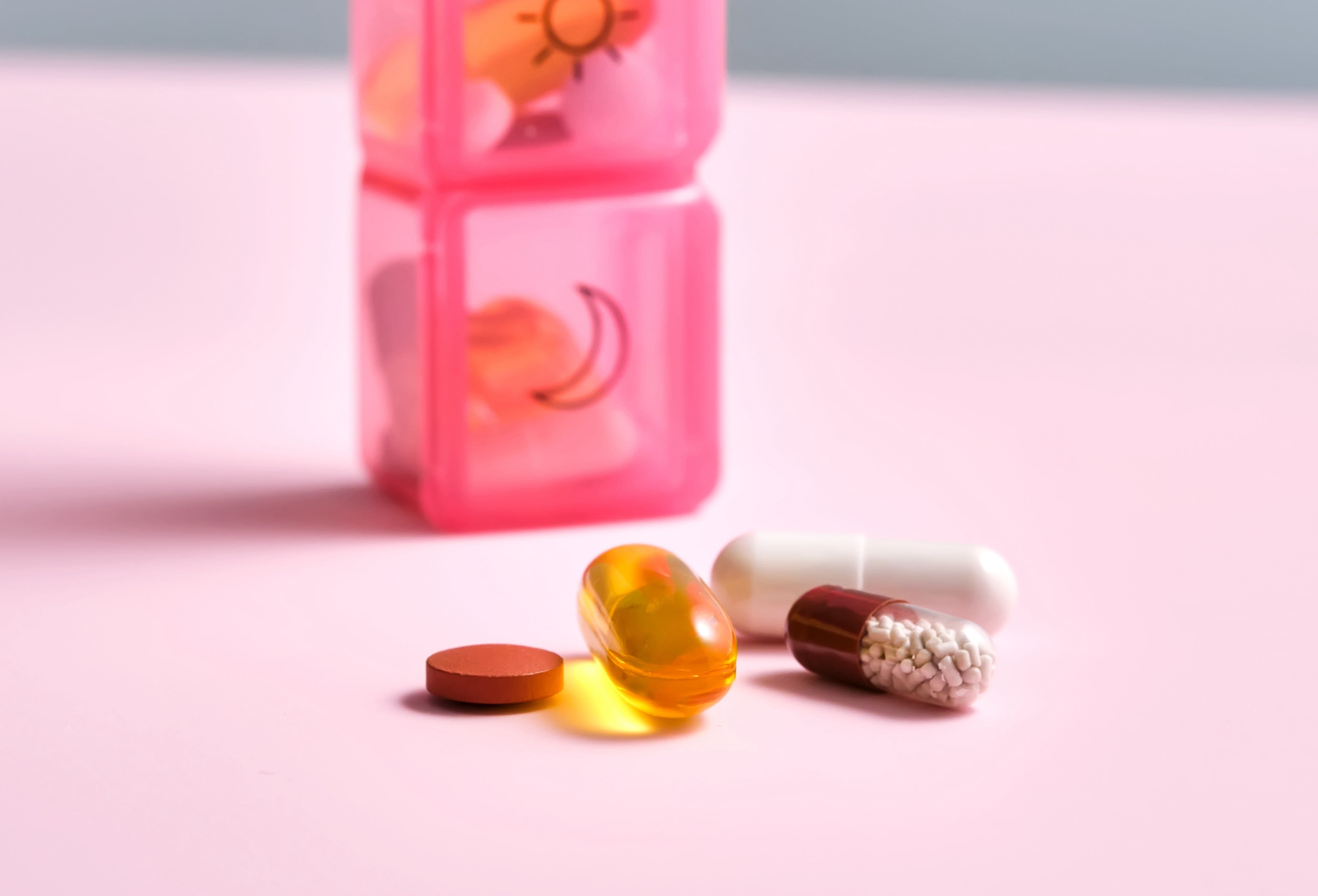Article: Can Vitamins and Minerals Really Help You Reach Your Health Goals?
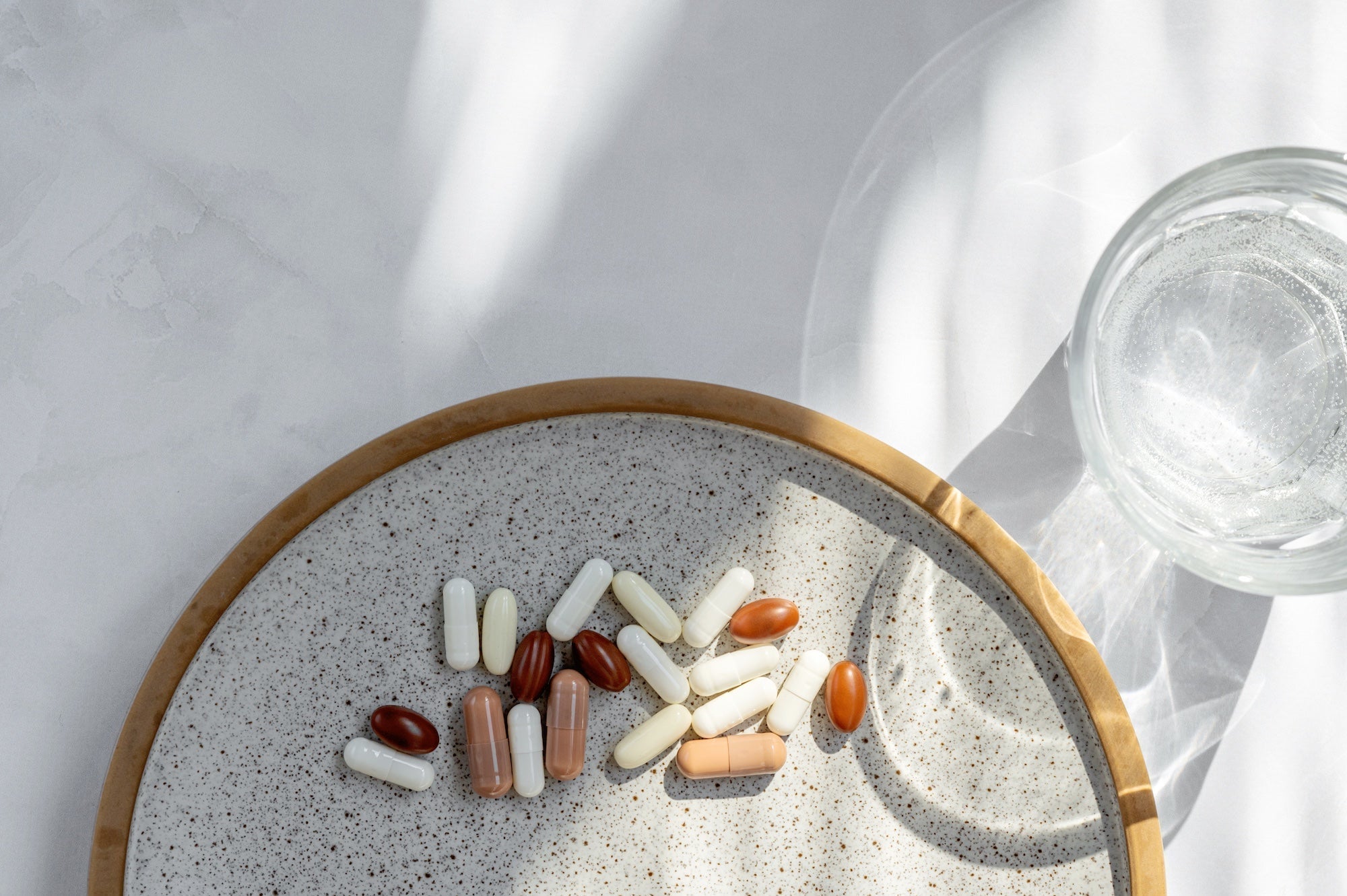
Can Vitamins and Minerals Really Help You Reach Your Health Goals?
Are you thinking about adding supplements to your daily routine? Learn more and find out if they’re right for you.
The LunHer Take
Vitamins and minerals play key roles in growth and development, immune health, and overall well being.
Ideally, you would get enough nutrients from your diet alone, but this is unlikely. Supplements can help fill in the gaps, but they are not meant to replace eating healthy foods.
Your lifestyle and health conditions may affect which supplements are best for you.
What Are Vitamins?
Vitamins and minerals are micronutrients needed to support the normal functions of our bodies. They play key roles in growth and development, immune health, and overall well being. Vitamins include the fat-soluble vitamins such as vitamins A, D, E, and K. There are also water-soluble vitamins which include B vitamins and vitamin C.
Will Supplements Keep You Healthy?
Our bodies cannot make vitamins and minerals (except for vitamin D) so we must rely on food. Ideally, we would be able to get all of the nutrients our bodies need from food. In order to do this, you need to eat a wide variety of foods including fruits, vegetables, grains, animal protein, dairy, nuts, seeds, and legumes. However, in today’s modern world, it’s not always possible to get enough from food alone. This is where dietary supplements may help fill in the gaps.
When to Take Vitamin Supplements
Depending on your individual lifestyle and underlying medical conditions, it may be helpful to take vitamin and mineral supplements. Some examples include if you are on a special diet, have increased needs, or have issues with absorption.
Vegan diet
If you’re sticking to a vegan diet, you might not be getting adequate amounts of vitamin B12 because animal products are the primary natural food source. A deficiency of vitamin B12 can lead to a variety of health problems including anemia and neurological problems. Therefore, those following a vegan diet need to get vitamin B12 from fortified foods and/or dietary supplements.
Diet low in fruits and vegetables
Most people know that eating fruits and vegetables is an important part of their diet. They contain key micronutrients such as folate, potassium, vitamin A, and vitamin C. However, most U.S. adults are not meeting the recommended amounts. This may be due to taste preferences, low calorie diets, allergies, cost, or digestive concerns.
Low vitamin D levels
Vitamin D is a fat-soluble vitamin that is important for healthy bone growth and immune function. It also helps the body absorb calcium. The main way our body makes vitamin D is in response to sun exposure on our skin. If you’re living in Canada or the US, you may have vitamin D deficiency due to the lack of sunlight in the winter months. Older people and those with dark-colored skin do not make as much vitamin D.
Vitamin D is naturally found in fatty fish and fish liver oil. Beyond that, the food supply is fortified with vitamin D being added to milk and breakfast cereals. But this may not be enough for some people to reach proper blood levels.
According to the National Institutes of Health, “almost one out of four people have vitamin D blood levels that are too low or inadequate for bone and overall health.” You can work with your healthcare provider to decide if supplementing with vitamin D is right for you.
Pregnancy
It can be difficult for pregnant people to meet the increased nutrient demand from food alone. This is why The American College of Obstetricians and Gynecologists recommends that pregnant people take a prenatal vitamin. Nutrient needs increase during pregnancy. This includes the need for iron, folate, and vitamin D. These and other vitamins and minerals are essential to support the proper growth and development of the fetus.
Poor absorption of nutrients
Some digestive issues and medications can affect your body’s ability to absorb vitamin B12. It’s important to work with your healthcare provider to determine if you need to take a B12 supplement. In some cases, B12 injections may be needed to overcome major absorption issues.
Fat-soluble vitamins (A, D, E, and K) are best absorbed when eaten with some fat. Those who are on a low fat diet or those who have issues absorbing fats may be at risk for deficiency and should consider supplementing.
When *Not* to Take Vitamin Supplements
When it comes to taking vitamin and mineral supplements, it’s important to take the right doses for your individual needs. There are also certain situations where specific types of vitamins may be harmful to some people.
There are potential drug-nutrient interactions for certain medications. If you are on any medications, it is essential to talk to your doctor or pharmacist before starting a dietary supplement. Research suggests that high doses of vitamin A can increase health risks for those who smoke. During pregnancy, adequate levels of vitamin A are essential for the growth of cells and organs. High doses of retinoids can be toxic to the body, so it’s usually best to look for beta-carotene when supplementing during pregnancy.
Overall, it’s recommended to discuss vitamin and mineral supplements with your healthcare provider. They can suggest the best options for your situation and alert you to any concerns.
The Bottom Line
Supplements are not an alternative to a well-rounded nourishing diet. They can help fill in dietary gaps and provide a baseline to support proper nutrients levels. Based on your lifestyle and medical history, you may benefit from adding supplements to your daily routine. If you are unsure, it’s best to consult a healthcare professional and discuss your individual needs.

